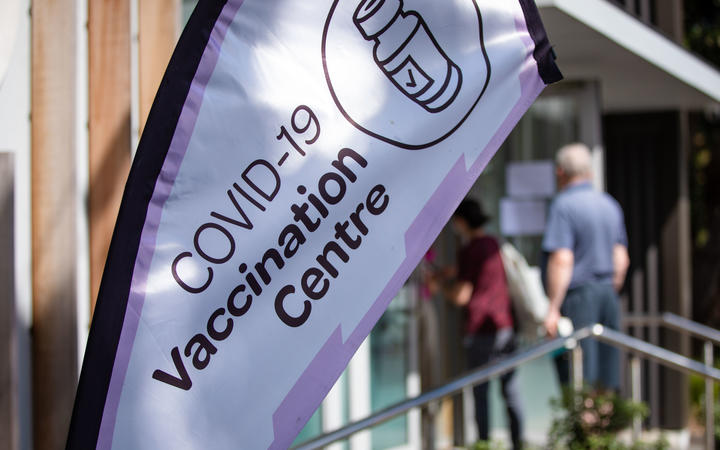Pasifika make up half of the cases in the current outbreak of Omicron variant
Wednesday 16 February 2022 | Written by RNZ | Published in Pacific Islands, Regional

Pasifika people are making up about half of the cases in the current outbreak of the Omicron variant in New Zealand.
And New Zealand's Ministry of Health is urging the Pacific communities in New Zealand to receive their booster vaccination to protect themselves against the Omicron variant.
Ministry of Health Pacific health director Gerardine Clifford-Lidstone said in the past few days, there had been a big increase in the positive cases of Covid-19 in Pacific communities.
"What we're seeing over the last few days is quite a big increase in the cases for Pacific and we did anticipate, it's what we've seen internationally. At the moment, about 50 percent of the cases are Pacific people and mainly in the Auckland region."
As the country begins phase two of the Omicron response, Clifford-Lidstone said the impacts that Omicron would have on the community was anticipated.
"We've been preparing for Omicron and the Pacific community impact of it since very early in January once we realised that this was going to have a significant impact," Clifford-Lidstone said.
"The risks for Pacific are always going to be very high, and this is mainly because we've got higher rates of comorbidities, so long-term conditions. We tend to have multi-generational and multi-family households, and we're likely to be in employment where there are essential worker roles and face barriers to accessing healthcare.
"Whether it's Delta or Omicron, these are consistent right across when we're talking about Covid and the impact on Pacific."
Clifford-Lidstone said the booster shot would prolong coverage and protection against the variant.
"We're at 97 percent for the first dose, and for the second dose we're at 95 percent. But many of these people will now be eligible for the booster shot and, unfortunately, we're only down at 48 percent across the country."

Clifford-Lidstone said the decision to move New Zealand into phase two was about 'flattening the curve'.
"What we've seen now is a lot more widespread community transmission, so it's reducing the sizes of gatherings, using masks in stores and just generally a different approach to try manage things."
The impacts of last year's lockdown have meant fewer Pacific peoples, particularly in Auckland, were getting tested.
Clifford-Lidstone said there was a growing sense of "fatigue" among the community who have spent almost four months in lockdown.
"As I understand, there is an increasing feeling that people don't want to get tested because they don't want to be self-isolating," she said.
"But the thing is, this is the only way that we can get an understanding of how widespread this is and so encouraging people to go and get tested is very important."














































